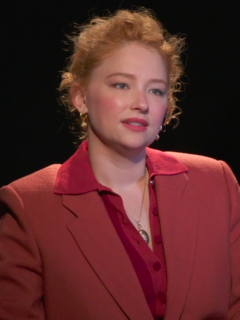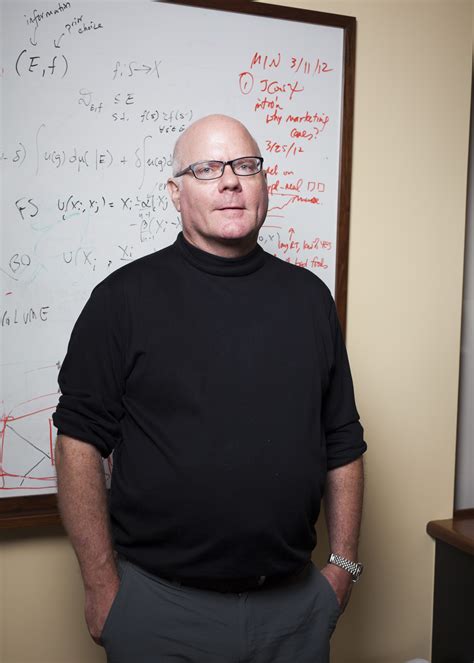A Quote by Margaret Millar
The world of maps is nice and flat and simple. It has areas for people and areas for monsters. What a shock it is to discover the world is round and the areas merge and nothing separates the monsters and ourselves; that we are all whirling around in space together and there isn't even a graceful way of falling off.
Related Quotes
The point we are making is that the general global messages have been communicated, about the politics of South Africa, about the economy in general, all of these general questions. The rest of the world understands these things and are saying, let's now come to the specific things so that even we, as big corporate chiefs from around the world, can assist in these areas, which you have decided are your priority areas.
Oh," the girl said, shaking her head. "Don't be so simple. People adore monsters. They fill their songs and stories with them. They define themselves in relation to them. You know what a monster is, young shade? Power. Power and choice. Monsters make choices. Monsters shape the world. Monsters force us to become stronger, smarter, better. They sift the weak from the strong and provide a forge for the steeling of souls. Even as we curse monsters, we admire them. Seek to become them, in some ways." Her eyes became distant. "There are far, far worse things to be than a monster.
We see that hyperactivity and reward areas are important when the bubble's rising. People getting caught up in it. We also see areas involving mentalizing, which means thinking about other people: Who's buying? Who's selling? Do they know something? We see emotional areas before the crash that indicate a sense of uncertainty or dread.
I had come to discover that "safe" was an illusion, a pretense that adults wrapped around their children- and sometimes themselves- to make the world seem comfortable. I had discovered that under that thin cover of let's-pretend, monsters and nightmares lay, and that not all of them came from places like the moonroads or the nightling cities. Some of the monsters were people we knew. People we thought we could trust.
We were doing something called telemedicine, where we were using the ultrasound. One interesting application of this ultrasound is the possibility that you could possibly use it to measure critical bone areas during a long space mission and track if you're losing bone in these areas. On Earth, when they check you for bone loss, you get in this big machine. It's the size of a room and it's got a platform with an x-ray that scans your whole body and in critical areas and it takes a while and it just wouldn't be practical to have a machine like that in space.
If human beings are all monsters, why should I sacrifice anything for them?" "Because they are beautiful monsters..., And when they live in a network of peace and hope, when they trust the world and their deepest hungers are fulfilled, then within that system, that delicate web, there is joy. That is what we live for, to bind the monsters together, to murder their fear and give birth to their beauty.






































